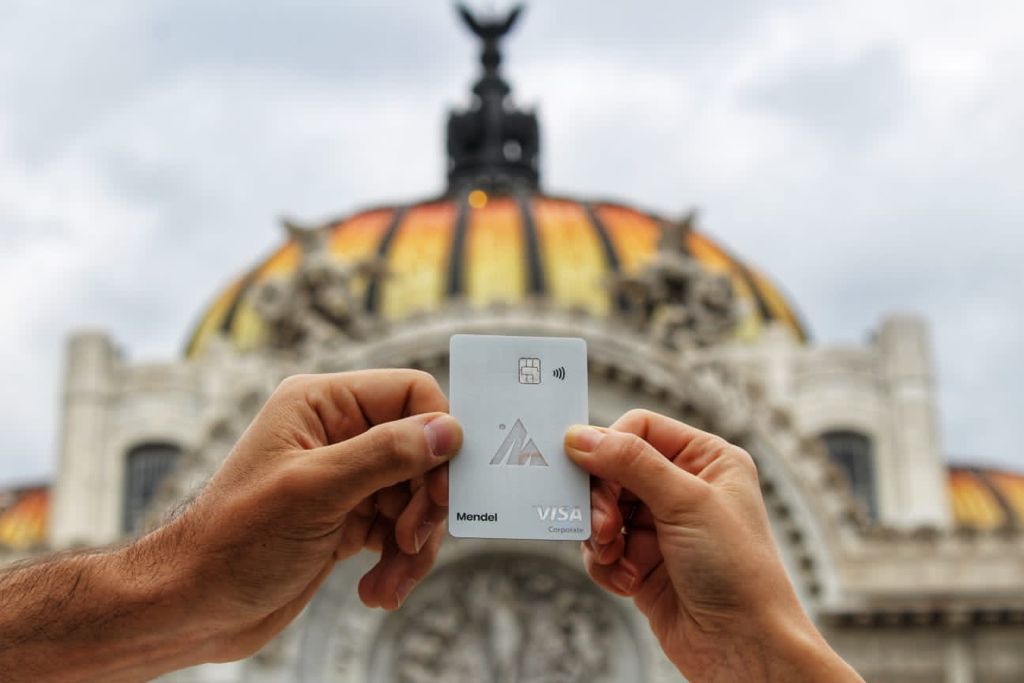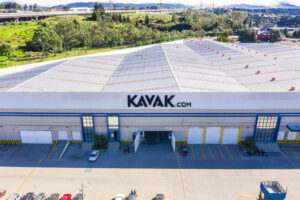
Por Paola Villarreal
December 7, 2021
The announcement came in early December: Mendel, a Mexican corporate card and expense management company, raised US$35 million in a Series A investment round.
Two things stood out. First, that the ALLVP and Infinity Ventures funds – the latter being founded by three former PayPal executives – had participated in the round.
And second, that although Mendel is a Mexican-based company, the founders – Alejandro Zecler, Alan Karpovsky, Helena Polyblank and Gonzalo Castiglione – are young people from Argentina who decided to start their company in Mexico City.
We spoke with Alan Karpovsky about the unique circumstances of Mendel’s creation, as well as his future plans for the fintech segment focused on corporate cards.
Alan Karpovsky (AK): As soon as we finished celebrating the milestone that this last round represents, I told our collaborators the following: “We are so poor that all we have is money”.
I mean, you have to use the money from this new financing strategically. In our case, we will use it to attract talent, develop and expand more in product verticals than in new geographies.
It is a celebration, but we have to focus to grow and carry out our initiatives correctly.
AK: All of Mendel’s founders are from Argentina, so it made a lot of sense to open the company there. We had more contacts, more networks, more access to several things, and so on. But we saw many opportunities in Mexico to open operations.
First, the size of the market. There are 120 million inhabitants and the country represents 20% of the region’s GDP. Mexico is much larger than the markets of Argentina, Colombia, Peru, Venezuela and Chile combined. If you win Mexico, you win a third of Latin America.
Second, the economy is much more stable than in Argentina, where there are many issues with the dollar and the exchange rate. In addition, it is very turbulent to set up a company in a place with so many political changes.
Third, the geographic positioning of Mexico is spectacular. It is the first country where US investment arrives.
Fourth, it is one of the most digitized countries in the region: about 64% of the population has access to the internet. If we wanted to set up a fintech company, we saw many obstacles in other Latin American countries. In Brazil, for example, we don’t speak Portuguese, making it a difficult market if you don’t have a local partner.
Finally, in Mexico we have all those companies that have become unicorn companies: Kavak, Clip, Konfío, Bitso and others. They have already shown that great things can be done in the Mexican market without going out to other markets, with the exception of Kavak, which has just expanded to Turkey.
AK: As of today, a CFO is a person who lacks the most technological tools to do his job. The executive team of any company uses Excel and paper, or relies on various platforms to manage things like payroll, banks, international payments and refunds in a fragmented way.
So in five years we want to be allies to CFOs, helping them build their B2B expenses through spectacular experience and support. It is an important mission, since our value is in re-educating those who are used to doing things in a certain way. We want to de-accustom our clients from these old practices and give them the experience they really need for their companies or businesses.
AK: With Mendel, a company can create and budget its teams with business rules to control spending before it happens. We provide a business line of credit to finance all corporate expenses and leverage business growth.
Generally, employees of large companies have many cards. With Mendel, the operating rules are adjusted depending on the requirements of each area. For example, the Marketing department has a certain budget, or the salesperson can only spend up to a certain amount on meals with clients. We eliminate refunds, generate invoices automatically and improve processes.
You may also be interested in: Tribal will start operations in Peru, Colombia and Chile

Por Yanin Alfaro
February 17, 2026

Por Israel Pantaleón
February 17, 2026

Por Stiven Cartagena
February 13, 2026